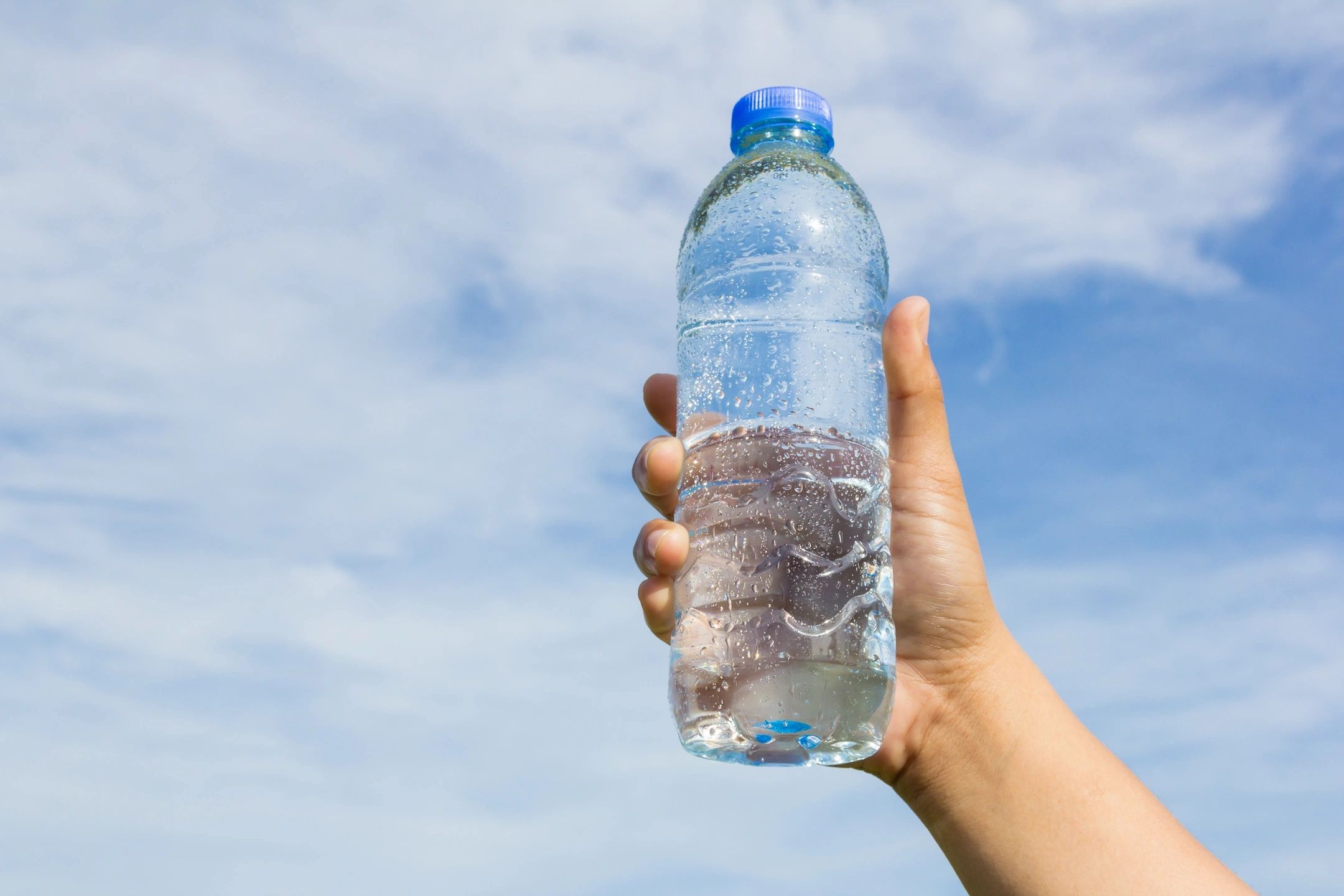In the world of fitness, hydration is often an overlooked yet vital component of success. Whether you’re pushing yourself through a rigorous workout or training for an upcoming competition, staying hydrated can make or break your performance. Dehydration impedes bodily functions, reduces energy levels, and can lead to muscle fatigue, making it crucial to maintain optimal hydration for peak results. This article explores how hydration influences fitness, energy, and overall performance, as well as strategies to stay hydrated during intense physical activities.
The Science Behind Hydration and Performance
Water is the backbone of human life, and its role in physical performance cannot be overstated. The human body is made up of approximately 60% water, and this fluid is essential for nearly every bodily function. When you’re dehydrated, even slightly, it can disrupt your body’s ability to regulate temperature, deliver nutrients, and remove waste. For athletes and fitness enthusiasts, dehydration leads to slower reaction times, reduced strength, and diminished endurance. Maintaining hydration ensures that the body performs at its best by facilitating these vital processes, enabling you to achieve maximum effort and prevent early fatigue.
How Hydration Affects Energy Levels
Proper hydration is essential for maintaining energy throughout physical activity. Water aids in the transportation of nutrients to muscles and organs, and it helps the body regulate temperature, ensuring that you don’t overheat during exertion. When you are well-hydrated, your energy levels remain consistent, allowing you to push through strenuous workouts. On the flip side, even mild dehydration can significantly drop your energy, making even the simplest exercises feel more challenging. Water acts as a natural energy booster, optimizing both endurance and stamina during exercise, and preventing the sluggishness that often accompanies dehydration.
Hydration and Muscle Recovery
After intense physical activity, muscle recovery is a crucial part of any fitness regimen. Hydration plays a pivotal role in speeding up recovery by replenishing the fluids lost during exertion. Proper fluid balance helps transport nutrients such as glucose and amino acids to the muscles, which are essential for muscle repair and growth. Furthermore, water helps flush out metabolic waste products like lactic acid, which build up during exercise and contribute to muscle soreness. Hydrating post-workout can therefore enhance recovery time, reduce muscle stiffness, and prepare the body for future training sessions.
The Role of Electrolytes in Maintaining Hydration
While drinking water is essential, it’s equally important to maintain the right balance of electrolytes, which are minerals like sodium, potassium, and magnesium. These elements help regulate fluid balance, muscle function, and nerve signaling. During physical exertion, electrolytes are lost through sweat, and their depletion can lead to cramps, dizziness, and fatigue. Replenishing electrolytes is key to sustaining hydration levels and ensuring that muscles and nerves continue to function optimally during and after workouts. Many fitness drinks and hydration products contain electrolytes, providing an extra boost for those engaging in high-intensity activities or prolonged exercise.
Signs of Dehydration to Watch Out For
Knowing when to hydrate is just as important as actually drinking enough water. Dehydration can manifest in several ways, and recognizing the early signs can prevent a decline in performance. Common symptoms of dehydration include dry mouth, fatigue, dizziness, and dark yellow urine. If you’re feeling sluggish, light-headed, or your muscles begin to cramp, it’s a clear indication that your body needs more fluid. For athletes, these signs can severely hinder performance and lead to overheating or muscle strain. Paying attention to these symptoms and hydrating regularly is vital for maintaining focus and stamina throughout exercise.
Hydration Strategies for Athletes and Fitness Enthusiasts
To optimize performance, it’s important to adopt hydration strategies that align with your fitness goals. First, ensure that you’re drinking water consistently throughout the day, not just during workouts. A good rule of thumb is to drink water before, during, and after physical activity. Additionally, consider consuming beverages that include electrolytes if you’re engaging in high-intensity or long-duration exercise. Carrying a water bottle during your workout or having water readily available is essential to remind yourself to stay hydrated. For those engaging in endurance sports or high-intensity training, electrolyte-infused drinks can help replace the salts lost during sweating.
It’s also important to tailor your water intake to the climate. Hot and humid conditions increase fluid loss through sweat, meaning you may need to drink more to compensate. Similarly, cold weather can cause dehydration due to the dry air, even though you might not feel as thirsty. Staying mindful of these factors and adjusting your hydration routine will ensure your body functions optimally, no matter the conditions.
Summary
In the pursuit of fitness goals, hydration is a fundamental, often underestimated, factor for achieving optimal performance. Water not only helps maintain energy levels but also accelerates muscle recovery and supports key physiological functions during physical activity. Whether you’re an athlete or a casual fitness enthusiast, it’s clear that proper hydration is essential for maximizing your potential. By recognizing the importance of staying hydrated and adopting effective hydration strategies, you can elevate your performance, reduce fatigue, and ensure that your body is in peak condition for every workout. So, remember—drink up and hydrate for success.
Please like, comment, and share this article if you found it helpful and
informative.
Visit https://bigtownbulletin.com if you would like to see more of this content.
Please like, comment, and share this article if you found it helpful and
informative.
For more news check out Big Town Bulletin News
For more from Big Town Bulletin check out Big Town Bulletin


